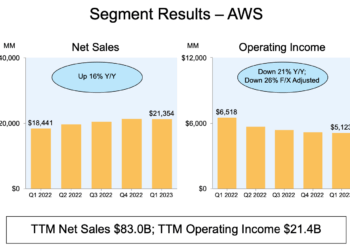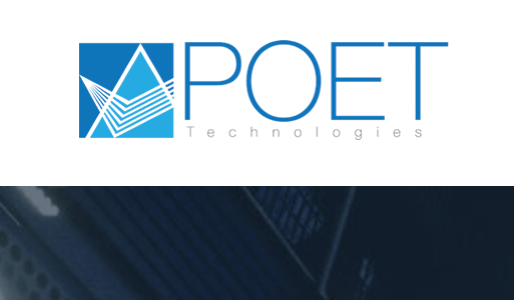Citing steep drops for its Client Computing Group and Data Center and AI groups, Intel reported Q1 revenue of $11.7 billion, down 36% year over year. First-quarter GAAP earnings (loss) per share (EPS) attributable to Intel was $(0.66); non-GAAP EPS attributable to Intel was $(0.04).
Despite challenges, Intel said it now expects some modest recovery in the second half of the year along with increasing stability in the PC market as inventory corrections are worked through. However, the server and networking markets have yet to reach their bottoms, as cloud and enterprise remain weak.
“We delivered solid first-quarter results, representing steady progress with our transformation,” said Pat Gelsinger, Intel CEO. “We hit key execution milestones in our data center roadmap and demonstrated the health of the process technology underpinning it. While we remain cautious on the macroeconomic outlook, we are focused on what we can control as we deliver on IDM 2.0: driving consistent execution across process and product roadmaps and advancing our foundry business to best position us to capitalize on the $1 trillion market opportunity ahead.”
David Zinsner, Intel CFO, said, “We exceeded our first-quarter expectations on the top and bottom line, and continued to be disciplined on expense management as part of our commitment to drive efficiencies and cost savings. At the same time, we are prioritizing the investments needed to advance our strategy and establish an internal foundry model, one of the most consequential steps we are taking to deliver on IDM 2.0.”




















